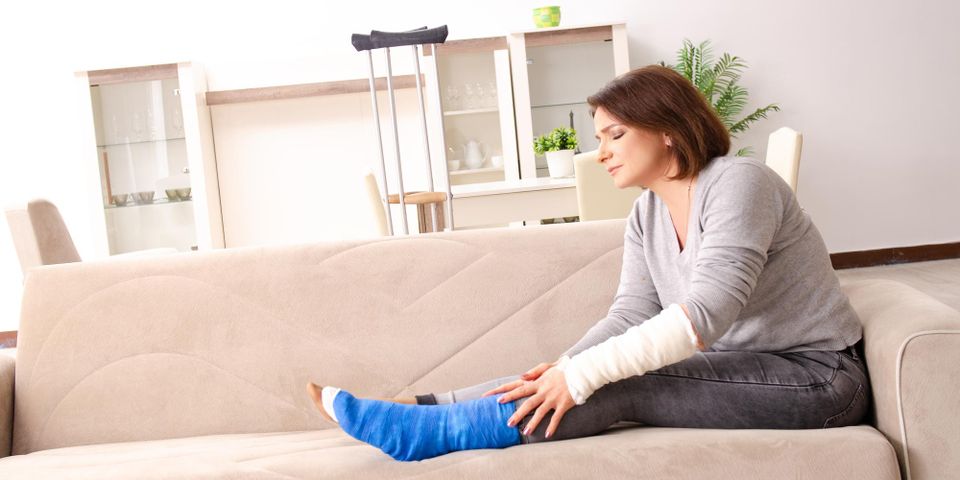
If you’ve been hurt due to the negligent or reckless actions of another, you have a legal right to pursue compensation for any losses you’ve incurred as a result. If your personal injury claim is successful, there are two main types of damages you may be awarded — special and general. It’s important to understand the difference so you can determine what you’re entitled to and how to prove it.
A Guide to Personal Injury Compensation
Special Damages
These are the easiest damages to collect. Special damages are quantifiable, which means they have a monetary value. They include all out-of-pocket expenses that are directly related the victim’s injury.
 Typically, calculations take into account medical costs, lost wages, loss of earning capacity, the repair or replacement of damaged property, prescription medications, and transportation to and from doctor appointments. Special damages are evaluated by adding up the dollar amount on bills and receipts and using pay stubs or other documentation to estimate future costs.
Typically, calculations take into account medical costs, lost wages, loss of earning capacity, the repair or replacement of damaged property, prescription medications, and transportation to and from doctor appointments. Special damages are evaluated by adding up the dollar amount on bills and receipts and using pay stubs or other documentation to estimate future costs.
General Damages
In contrast, general damages are subjective. They don’t have any tangible monetary value but are meant to compensate a personal injury victim for how the defendant’s behavior has impacted their life. Common examples of general damages are physical pain and suffering, mental pain and anguish, diminished quality of life, loss of companionship, and physical disfigurement or impairment.
These damages are more difficult to assess since they don’t have any bills or receipts to serve as evidence. Thus, they’re assigned a dollar amount based on a variety of factors such as the severity of the injury, expert testimony as to the victim’s state of mind, and how much the injury has disrupted the victim’s everyday life.
Calculating damages for a personal injury claim can be challenging, but the legal team at Love-Sloan Law, LLC is qualified to fight for the full compensation you deserve. For more than 20 years, it has been their mission to defend the rights of injury victims across York County, SC. They’ll handle every aspect of your case with careful attention to detail so you can focus on your recovery. Call (803) 326-0000 to schedule a consultation or visit them online to learn more about their areas of practice.
About the Business
Have a question? Ask the experts!
Send your question

